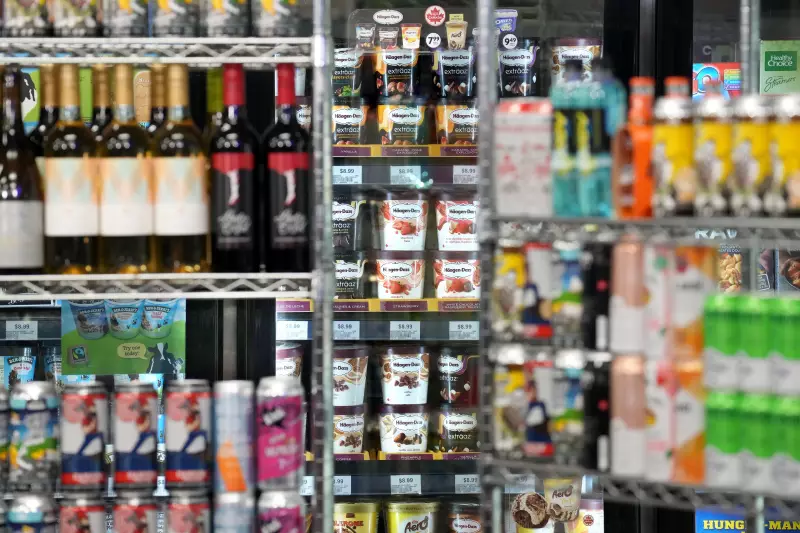
A newly released report highlights how persistent interprovincial trade barriers continue to stifle alcohol sales across Canada, limiting consumer choice and hindering economic growth within the industry.
The Regulatory Landscape
The analysis reveals that despite ongoing discussions about creating a more unified Canadian market, complex provincial regulations and restrictions make it difficult for breweries, wineries, and distilleries to sell their products across provincial borders. These barriers create a fragmented marketplace where Canadian producers face significant hurdles when attempting to reach consumers in other provinces.
Industry experts note that these restrictions not only affect small craft producers but also impact larger established companies seeking to expand their market reach. The report specifically examines how these regulatory challenges have persisted despite previous commitments from provincial governments to reduce interprovincial trade barriers.
Economic Impact on Producers
The economic consequences of these trade barriers are substantial, according to the findings. Canadian alcohol producers lose significant revenue opportunities when they cannot efficiently access markets in neighboring provinces. This particularly affects smaller craft breweries and wineries that rely on broader distribution to achieve sustainable growth.
The report indicates that consumers also bear the brunt of these restrictions through limited product selection and potentially higher prices. When producers cannot compete freely across provincial lines, market competition decreases, ultimately reducing choice for Canadian consumers seeking products from different regions of the country.
Path Forward for Canadian Trade
While the report outlines the challenges, it also suggests potential pathways toward resolving these long-standing issues. The analysis calls for greater cooperation between provincial governments and more consistent regulations governing alcohol sales across Canada.
Industry representatives have increasingly advocated for modernization of interprovincial trade rules, arguing that current restrictions feel increasingly outdated in an era when consumers expect broader access to Canadian products. The report concludes that eliminating these barriers would not only benefit producers but would also align with consumer expectations in a modern national marketplace.
The findings come at a time when many sectors of the Canadian economy are pushing for reduced interprovincial trade barriers across multiple industries, with alcohol sales representing one of the most visible and contentious areas of ongoing restriction.






